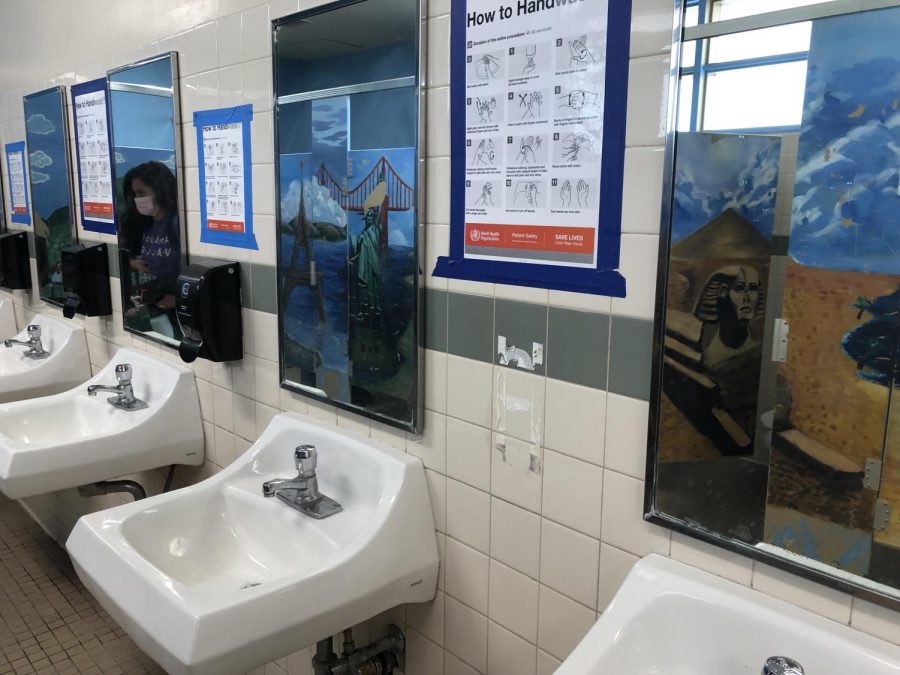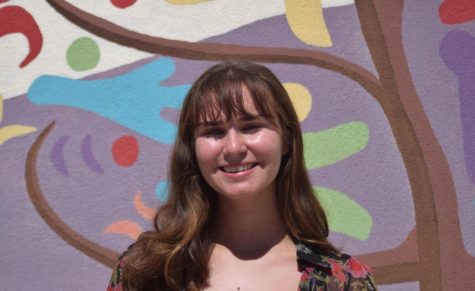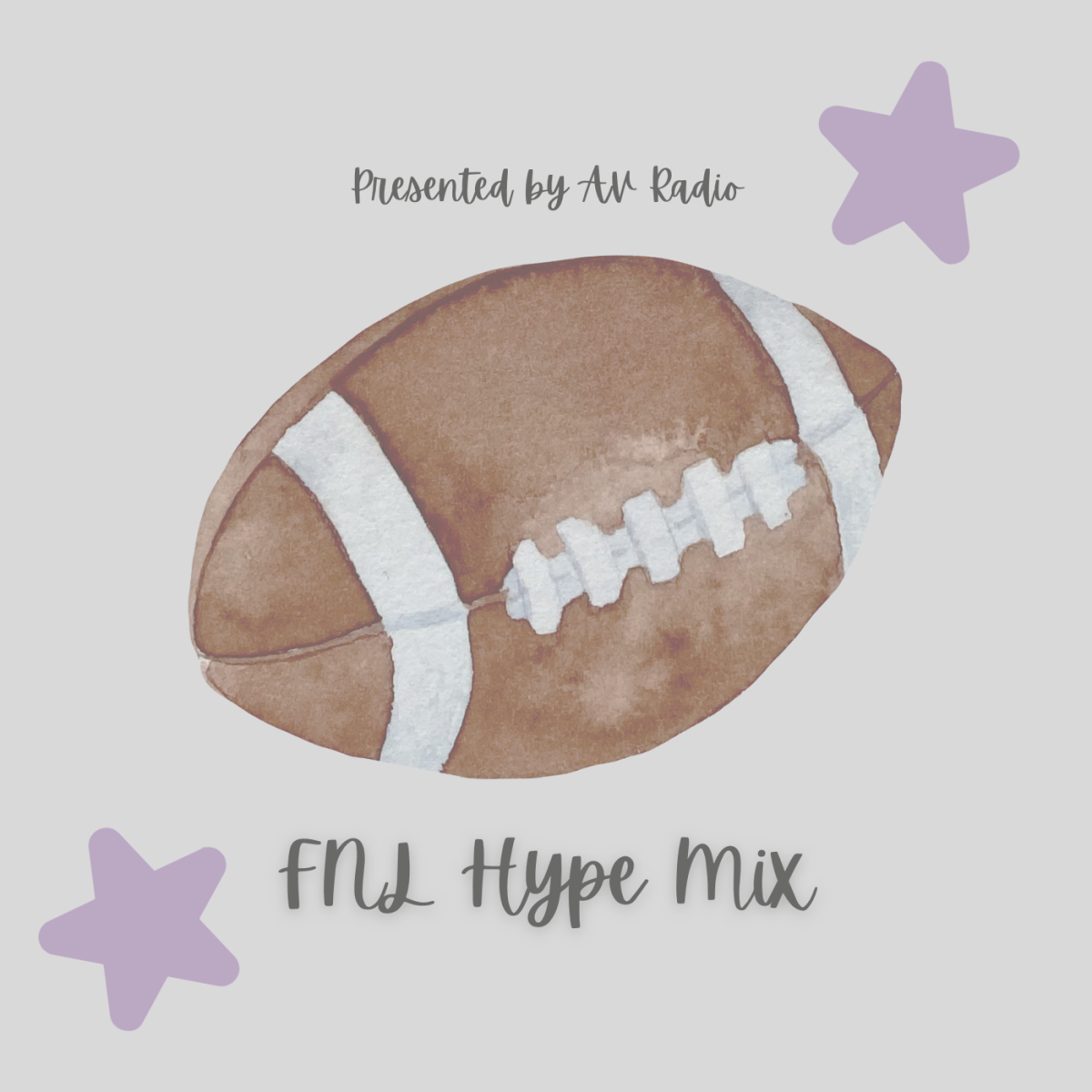“Devious licks” trend harms Pleasanton schools
Soap dispensers are missing from their slots in the girls bathroom, as a result of the social media trend to steal school items.
September 24, 2021
UPDATE: Another recent social media trend, “angelic yields,” contrasts with the “devious licks,” where students replace stolen items with newer objects, such as soap, toilet paper, and hand sanitizer.
“I think that one is infinitely better than devious licks because it puts a positive impact and it’s contributing to your community instead of taking away from it,” said Roxana Anayat (‘23).
Since the start of the school year, Pleasanton middle and high schools, as well as schools across America, have been affected by an online trend, “devious licks.”
Students steal, or “lick” items from their school, including soap dispensers, keys, and hand sanitizer from classrooms and bathrooms and posting about the stolen items on social media. Not only that, but students are also vandalizing school property.
“The acts themselves are destructive and frankly disrespectful to their own students at school. The fact that students are posting pictures or videos to social media, sharing those acts is disappointing to say the least,” said Patrick Gannon, Coordinator of Communication and Community Engagement of the Pleasanton Unified School District.
Gannon has sent out a majority of emails to the Amador community, warning students to stay away from the trend. The criminal behavior that students are participating in is harming students, teachers, and other school staff.
The email reads, “this has been disruptive to our efforts to create safe learning environments and caused severe damage. This behavior will not be tolerated on any PUSD school campus. We are very concerned about our students and the possibility that they may not fully understand the gravity of the behavior in which they are engaging.”
Stealing and other destructive behavior has gained popularity due to its presence on social media, specifically TikTok and Snapchat. To discourage the trend on school grounds, PUSD has plans to block such social media from the school WiFi PUSD_Wireless.
“We know that that action doesn’t prevent students from posting online because [they] can always use their cellular service. It prevents students promoting the destructive behavior on our networks and I think the most important thing is just for students to understand how to use social media in safe and constructive ways,” said Gannon.
Amador has always had to deal with disrespectful behavior, but this time restrooms are closing due to the lack of soap dispensers, a requirement needed to keep restrooms open to students.
“Students have to be able to wash their hands and if we don’t have soap dispensers in our bathrooms not only are schools having to close those bathrooms just to prevent theft and vandalism, but in some cases we just can’t have them open because the things that we need to keep them open are being stolen,” said Gannon.
The reason for why students are participating in this behavior is unclear, but due to its relevance online, suspicions are that students are vandalizing and stealing in order to gain views and likes when posting about it online.
“I guess they just do it for attention, even if it’s negative attention it’s still attention that they get for doing something for “internet clout.” There should be a punishment especially if you’re stealing or destroying something so suspension is probably the best,” said Anayat.
Whatever the reason for destroying and stealing school property, the district hopes to engage students in more proactive behavior and using social media for good.
“If you become famous off of something like a crime, it just makes no sense. Community service [for a punishment] for a long amount of time,” said Preston Elliott (‘24).
If you see any harmful behavior, use the anonymous student tip-line — (925) 417-5199.





